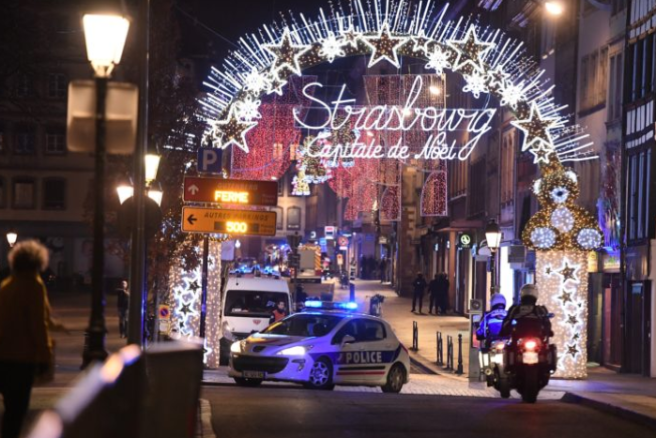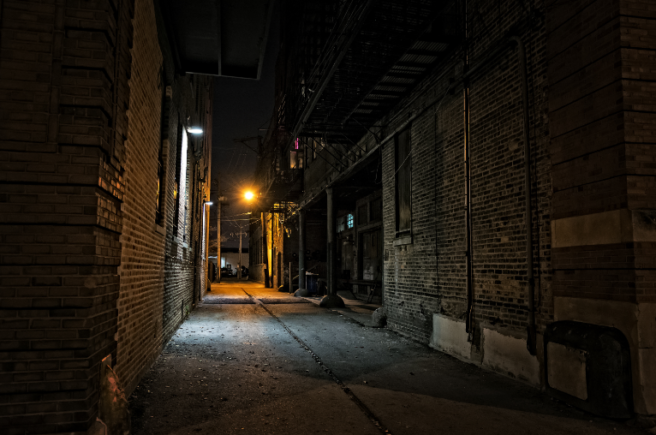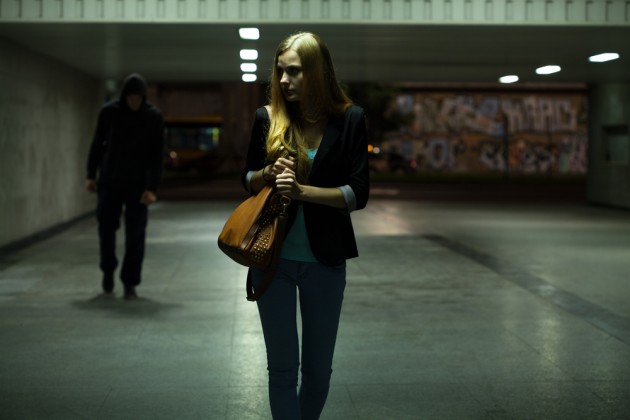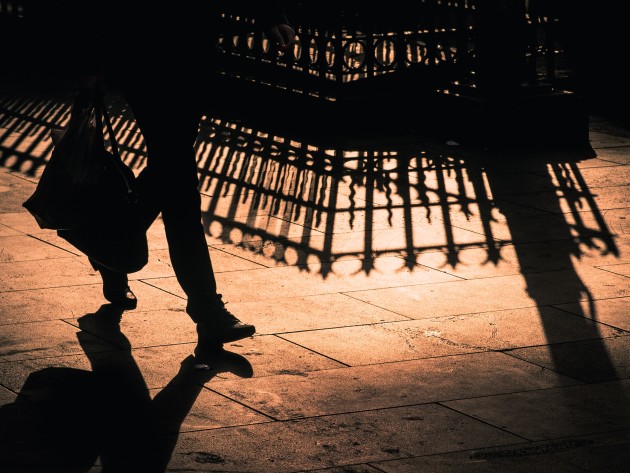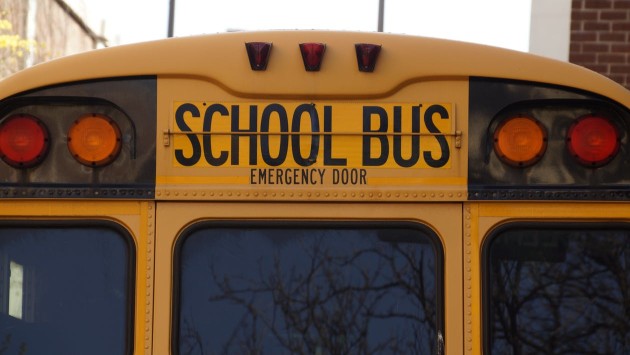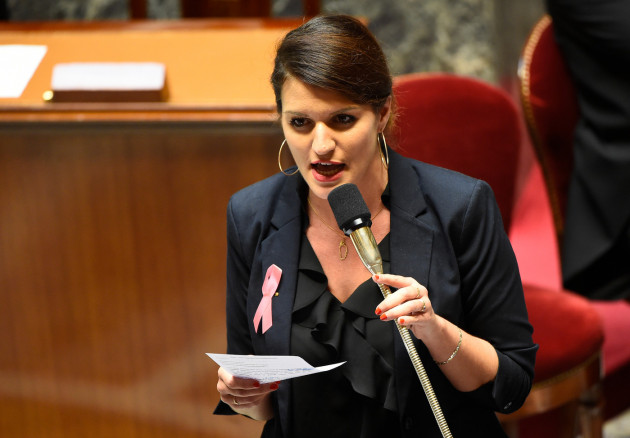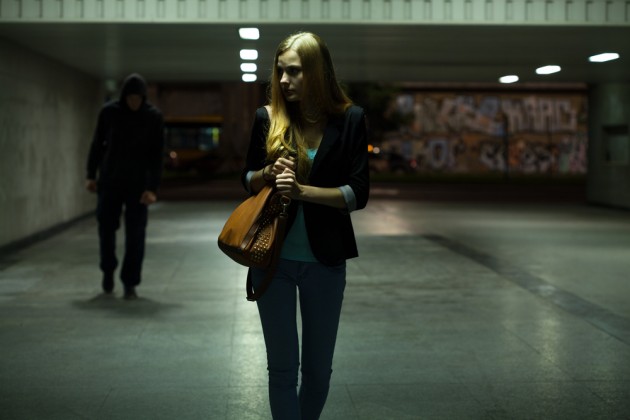It’s an incredibly frustrating aspect of reality that women and girls face constant public sexual harassment daily.
In Tuesday’s report written by MPs on the women and qualities committee in Britain, the issue has now been labelled “urgent” following a nine-month enquiry on the matter.
The report is insisting that the UK government take immediate and effective action to attempt to create a safer public environment for women.
From exercising in public parks and frequenting nightclubs or bars to simply utilising our city’s public transport, women can almost almost claim to have felt the burden of danger in communal spaces of our communities.
Experiences have more recently been shared of extensive experiences of sexual assault and harassment, and there are more accounts than ever of crimes being committed against women in public.
France has recently introduced a law against street harassment which results in on-the-spot fines for predatory comments and harassment such as sexualised remarks and wolf-whistling, after a woman was viciously attacked by a man for confronting him about his offensive behaviour towards her.
The committee has “heard evidence of widespread problems” of both men and boys “sexually harassing women and even girls on buses and trains, in bars and clubs, in online spaces and at university, in parks and on the street.”
The subject of school uniforms was also mentioned in the report, written by cross-party MPs, testifying that girls in their school attires are pressurised to avoid risky situations which "keeps women and girls unequal".
Street harassment has been described in the document as “relentless and becomes ‘normalised’ as girls grow up, contributing to a wider negative cultural effect on society.”
The committee also sets out seven steps which they aim to take in the report, among them is the proposal to force train and bus operators and publican landlords to take tougher measures towards fighting sexual harassment on their premises.
It also requests a public information campaign which is specifically designed to change attitudes, akin to road safety campaigns and first aid programmes.
The British Home Office also states that they view the epidemic problem as a “key priority,” and are devising an updated “Violence against Women and Girls” strategy and scheme.
Writing on public pavements in chalk has become a new pacifistic method for women to fight back, to feel safe in their own cities.
Regardless of government promises to eliminate such prevalent behaviour entirely by 2030, the Women and Equalities Committee concludes negatively that there is currently "no evidence of any programme to achieve this".
Twitter users especially are expressing anger at how ‘obvious’ the headline is, and that there is not a single mention of men in the article, who are by-in-large the major perpetrators of sexual harassment.
It remains to be seen whether improvements will take place which will finally allow women and girls to feel safe, but the reaction online to the BBC’s headline has been scathing.
Let's hope governments worldwide bring in sharp ways to tackle this highly concerning problem which is so engrained in our culture that many of us have become completely desensitised to it. Safety is a right, not a privilege.
Have a look at BBC’s 100 Women I know video on Street Harassment here:
The Bristol Zero Tolerance group has also written an informative guide on how to respond to street harassment, which you can read here.
Stay safe, gals.








